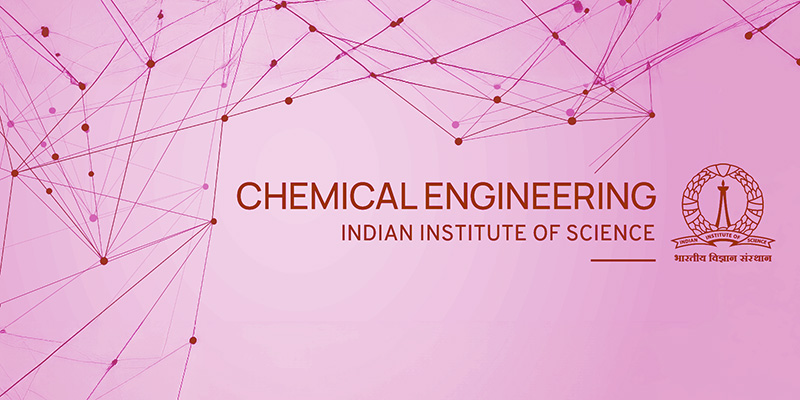October 24, 2024 -- October 24, 2024

Speaker : Prof. Srinivasan Chandrasekar, Center for Materials Processing & Tribology, Purdue University, W. Lafayette, IN, USA.
Venue : Seminar Hall, Chemical Engineering.
Date & Time : 24th Oct. 2024 (Thursday) at 4 pm
Venue : Seminar Hall, Chemical Engineering.
Adsorbate-Induced Surface Stress: From Molecular Films to Macroscale Embrittlement
Controlling environmental effects in surface plasticity and fracture of metals is of interest for areas as diverse as structural safety, product performance, manufacturing processes and tribology. Examples of such effects include stress corrosion cracking, hydrogen embrittlement and liquid metal embrittlement. It is difficult, if not impossible, to interpret these effects purely based on environment-species induced changes in surface energy, without accounting for adsorbate-induced surface stress (f). This fact remains little appreciated due to uncertainties in the magnitude of f on metal surfaces. In the first part of the talk, we characterize surface stress induced in metals by adsorption of nanometer-scale organic films – self-assembled monolayers (SAMs) of various chain lengths – using a macro-cantilever technique. We find that the adsorbates induce quite large tensile surface stress, of up to 35 N/m. Furthermore, the stress can be tuned by varying the adsorbate-molecule chain length.
In the second part of the talk, we describe how the surface stress, prevalent at the nanometer length scale, can critically influence macroscale surface plasticity and fracture phenomena in metals. Using tensile and shear loading experiments, in conjunction with continuum modeling of dislocation emission and crack propagation, we demonstrate, and explain, embrittlement of metal surfaces by adsorbate films, in bending, cutting and comminution processes. The observations make the case for revisiting extant models of environment assisted cracking (EAC) phenomena to include surface stress effects. Our results also suggest opportunities for utilizing controlled environment-assisted fracture as an aid – fracture as a friend – to enhance manufacturing processes.